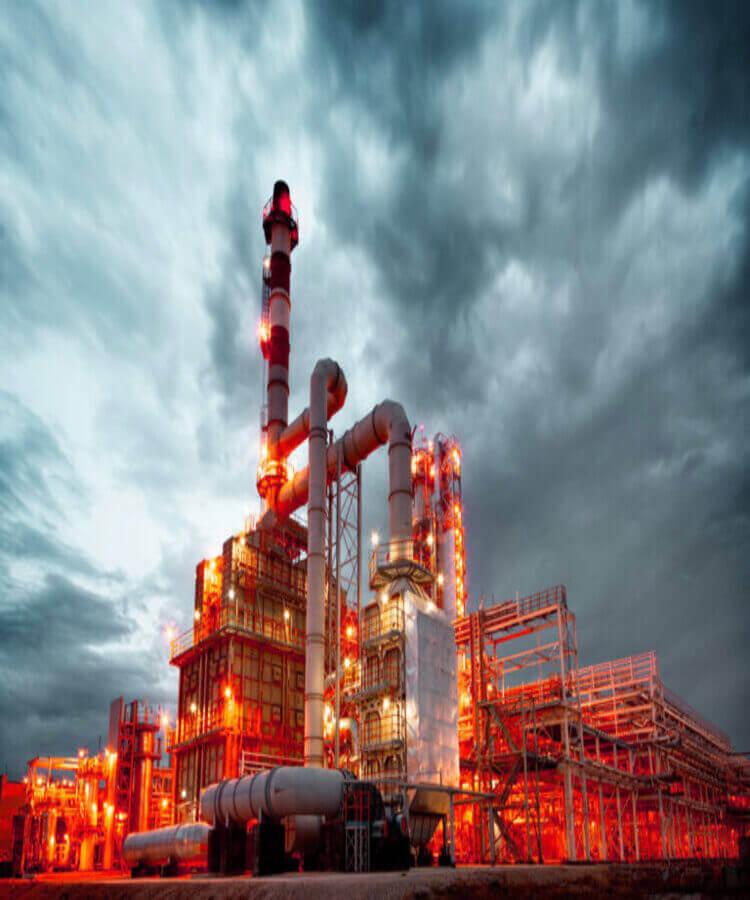The demand for reliable and efficient construction companies in Iraq has grown significantly over the past decade as the country continues to rebuild and modernize its infrastructure. After years of economic and political challenges, Iraq is entering a new era of development driven by investments in housing, transportation, energy, and industrial projects. These construction companies play a vital role in shaping the nation’s future, supporting economic growth, and improving the quality of life for its citizens.
The Importance of the Construction Sector in Iraq
The construction industry is one of the key drivers of Iraq’s economic recovery. From major infrastructure developments like roads, bridges, and airports to residential and commercial real estate projects, the sector is expanding rapidly. The Iraqi government has prioritized rebuilding and modernizing the nation’s infrastructure to meet global standards, and construction companies are at the heart of this transformation.
Moreover, Iraq’s oil wealth provides the financial backbone to fund large-scale construction initiatives. As a result, the demand for skilled labor, advanced technology, and international partnerships has increased, creating a vibrant and competitive market for construction firms.
Key Areas of Development
- Infrastructure Projects
Roads, bridges, and rail networks are crucial for Iraq’s connectivity and economic development. Construction companies are working on major projects to rebuild transportation infrastructure damaged by conflict and to establish modern systems that support trade and logistics. - Residential and Commercial Buildings
With rapid urbanization and population growth, there is a strong demand for housing and commercial spaces. Iraqi cities like Baghdad, Basra, and Erbil are witnessing an upsurge in residential complexes, shopping centers, and office buildings designed with modern architecture and sustainability in mind. - Energy and Oil Infrastructure
Iraq’s economy depends heavily on oil and gas production. Construction companies contribute to building refineries, pipelines, and power plants that strengthen the energy sector. These projects not only boost domestic energy supply but also enhance Iraq’s export capacity. - Industrial and Economic Zones
To diversify the economy, Iraq is developing industrial parks and free zones to attract manufacturing and foreign investment. Construction companies play a pivotal role in designing and building the infrastructure for these economic hubs. - Public Utilities and Social Infrastructure
Hospitals, schools, and sanitation facilities are essential for improving living standards. Many ongoing projects focus on creating sustainable public utilities that support Iraq’s growing population and urban centers.
Challenges Faced by Construction Companies in Iraq
While opportunities in Iraq’s construction sector are immense, companies face several challenges that require strategic planning and innovation.
- Regulatory and Bureaucratic Hurdles: Navigating government regulations and obtaining necessary approvals can delay project execution.
- Security Concerns: Although the situation has improved, certain regions still face stability issues that can affect construction timelines.
- Supply Chain and Logistics: The import of materials and machinery often faces delays due to limited infrastructure and customs processes.
- Skilled Workforce Shortage: There is an ongoing need for trained engineers, technicians, and project managers to meet the growing demands of the industry.
- Environmental Considerations: With the global focus on sustainability, construction companies are adapting to eco-friendly practices and materials.
Despite these challenges, Iraq’s construction market remains one of the most promising in the Middle East, attracting both local and international companies.
Technological Advancements in the Iraqi Construction Sector
Modern construction companies in Iraq are increasingly adopting advanced technologies to enhance efficiency, safety, and quality. Digital project management tools, 3D modeling, Building Information Modeling (BIM), and automated machinery are revolutionizing how projects are planned and executed. These innovations not only reduce costs and construction time but also ensure higher precision and sustainability in project outcomes.
Furthermore, companies are integrating renewable energy solutions, green building materials, and water-efficient systems into their designs, aligning with global sustainability trends.
Role of International Collaboration
Many international firms have entered Iraq’s construction market through partnerships, joint ventures, or direct investments. Their expertise and advanced technology contribute to improving local capabilities, ensuring adherence to global standards, and expediting large-scale projects. This collaboration also facilitates knowledge transfer and workforce training, empowering local talent and strengthening Iraq’s construction ecosystem.
Why MUE Group Leads in Construction Excellence
MUE Group is one of the reputable names among construction companies in Iraq, known for its commitment to quality, safety, and timely project delivery. The company’s diversified portfolio spans infrastructure, oil and gas, industrial facilities, and civil construction projects. With a strong focus on innovation and sustainable development, MUE Group integrates modern engineering practices with local expertise to achieve outstanding results.
Their success lies in adopting cutting-edge technologies, maintaining strict safety standards, and employing a highly skilled team dedicated to client satisfaction. MUE Group’s contributions to Iraq’s growth reflect its mission to build a stronger, more resilient nation through reliable engineering and construction solutions.
The Future of Construction in Iraq
The future of Iraq’s construction industry looks promising. With government-led development initiatives, increased private sector participation, and foreign investment, the country is poised to become a regional leader in infrastructure and industrial growth. The shift toward smart cities, renewable energy infrastructure, and sustainable architecture will further drive innovation and demand in the sector.
As Iraq continues to modernize, construction companies will play a pivotal role in turning the nation’s vision into reality—creating robust infrastructure, thriving cities, and a dynamic economy for future generations.
Conclusion
In conclusion, construction companies in Iraq are the cornerstone of the country’s ongoing transformation. Their efforts in building infrastructure, housing, and industrial projects contribute directly to Iraq’s economic revival and long-term prosperity. With the support of forward-thinking firms like MUE Group, the construction sector continues to grow stronger, more innovative, and more sustainable—paving the way for a brighter, more modern Iraq.

